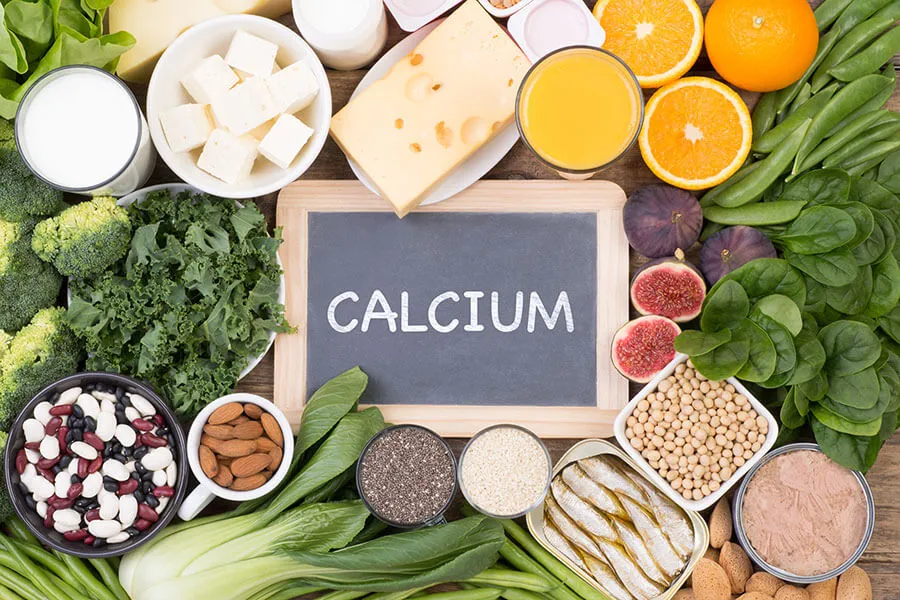Health Awareness: Protecting Your Bone Health for a Better Future in our human life every day
Bone health is crucial for maintaining a strong and active lifestyle throughout life. Bones not only provide the framework for our body but also protect vital organs and help in the movement. As we age, maintaining bone density and strength becomes increasingly important to prevent fractures, osteoporosis, and other bone-related issues. Understanding the factors that affect bone health and adopting measures to strengthen them can lead to a healthier life. This article covers three major topics for better bone health awareness: calcium intake, weight-bearing exercise, and lifestyle choices.
1. Importance of Calcium and Vitamin D for Bone Health
Calcium is the primary mineral found in bones, and ensuring an adequate intake is essential for maintaining bone strength. It is recommended that adults consume 1,000 to 1,200 milligrams of calcium daily through food or supplements. Dairy products like milk, cheese, and yogurt are rich in calcium, but other sources include leafy greens, fortified plant-based milk, and certain fish such as salmon. However, calcium alone is not enough. Vitamin D plays a crucial role in helping the body absorb calcium. The body produces Vitamin D when exposed to sunlight, but many people may need supplements or fortified foods, especially in regions with limited sunlight. Maintaining a balanced intake of both calcium and Vitamin D helps keep bones strong and reduces the risk of fractures.
2. Weight-Bearing Exercises for Bone Strength
Engaging in weight-bearing exercises is another important way to strengthen bones. These activities include walking, running, dancing, hiking, and weightlifting. When bones are subjected to physical stress during these exercises, they adapt by becoming denser and stronger. These exercises stimulate the bones to produce new bone tissue, helping to slow down bone loss as we age. Weight-bearing exercises also help improve muscle mass and balance, which can prevent falls and fractures, especially in older adults. For those who are just beginning, it's important to start with low-impact activities and gradually increase intensity. Always consult a healthcare provider before starting a new exercise routine.
3. Lifestyle Choices and Bone Health
Beyond diet and exercise, certain lifestyle choices can have a significant impact on bone health. Smoking and excessive alcohol consumption are two major factors that can negatively affect bone density. Smoking reduces blood flow to the bones and inhibits the production of bone-forming cells, while alcohol can interfere with the body’s ability to absorb calcium and Vitamin D. Maintaining a healthy weight is also important, as being overweight can put extra pressure on the joints and bones, while being underweight can lead to bone loss. Ensuring proper hydration and avoiding excessive caffeine intake can also contribute to better bone health.
In conclusion, bone health should be a priority for everyone, regardless of age. By ensuring proper nutrition, incorporating weight-bearing exercises, and making healthy lifestyle choices, you can improve bone density and reduce the risk of fractures and osteoporosis. Start taking care of your bones today for a stronger and more active tomorrow.
"This Content Sponsored by Buymote Shopping app
BuyMote E-Shopping Application is One of the Online Shopping App
Now Available on Play Store & App Store (Buymote E-Shopping)
Click Below Link and Install Application: https://buymote.shop/links/0f5993744a9213079a6b53e8
Sponsor Content: #buymote #buymoteeshopping #buymoteonline #buymoteshopping #buymoteapplication"






Comments
Post a Comment